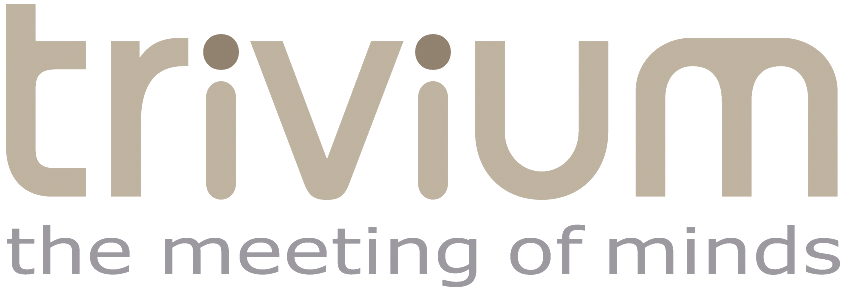Insights from Christian Madsbjerg's Trivium Book Circle
Look - How To Pay Attention in a Distracted World - Christian Madsbjerg
In an era dominated by data analytics and algorithmic reasoning, the recent discussions around Christian Madsbjerg's latest book "Look – How to Pay Attention in a Distracted World" serve as a philosophical palate cleanser. Hosted by the Trivium Book Circle, the dialogue was enriched by the global network of Trivium, and made possible through a long-term relationship between Christian Madsbjerg and Kåre, our cherished Trivium partner.
Madsbjerg's dual tracks—corporate contracts specialized in observation and an academic background in philosophy—lend a unique multiplicity to his perspectives. His book isn’t just a business manual; it’s a philosophical tome subtly inspired by Maurice Merleau-Ponty, the 20th-century French philosopher known for his seminal work, "Phénoménologie de la perception" (Phenomenology of Perception).
Human Perception Versus Machine Perception
One of the striking insights Madsbjerg brought to the Trivium Book Circle discussion revolves around the dichotomy between human and machine perception. Machines, whether they're cameras, sensors, or artificial intelligence, see the world as disjointed, atomistic data points, like pixels on a screen. Humans, on the other hand, perceive the world as integrated wholes.
Take a school, for example. When humans see a school, they comprehend its social, visual, and practical dimensions almost instantaneously. This nuanced understanding has significant implications for business sectors like customer research. While traditional methods may focus on isolated variables, Madsbjerg argues that understanding customers—or organizations—as integrated entities provides a more accurate picture.
The Power of Real-World Observation
Madsbjerg also emphasizes the merits of real-world observation over traditional research methods like focus groups. One example cited involves a client who assumed that customers prefer simplicity. However, direct observations revealed that customers were more than capable of navigating complex environments. The key insight? Watching people "in the wild" tends to yield more accurate and actionable information.
The Role of Neutrality and Patience in Observation
Being neutral and patient during the observation phase is another takeaway Madsbjerg champions. Most people form opinions rapidly when they begin observing a situation, but rushing to judgment can be counterproductive. Learning to "look, don't think" allows for a richer understanding of the world around us—be it friends, clients, or entire communities. It affords the luxury of time, enabling one to make well-informed decisions and offer better advice.
A Philosophical Underpinning
Madsbjerg's ideas are particularly intriguing when viewed through the lens of Merleau-Ponty’s philosophy. Merleau-Ponty championed phenomenology, a philosophical approach that dives into direct and immediate experiences of phenomena in their totality. He emphasized the "lived body" (corps propre) as the mediator between our awareness and the surrounding world, critiquing Cartesian dualism that separates the thinking subject from the object of thought.
This alignment with phenomenology underscores the book’s ethical dimensions. Madsbjerg suggests that engaging with diverse perspectives requires a mix of curiosity, empathy, and openness. However, he cautions against the dangers of imposing one's identity onto others, underscoring the importance of a balanced viewpoint.
A Mosaic of Insights
Through his multi-dimensional background, Christian Madsbjerg offers a compelling mix of business acumen and philosophical depth. He illustrates that the act of observation—be it in a corporate setting or in understanding diverse cultures—is a nuanced art deeply anchored in phenomenological theory. His insights invite us to challenge our conventional methods and biases, urging us to adopt a more holistic, patient, and philosophically informed approach to understanding the world around us.
In sum, the Trivium Book Circle's discussion around Madsbjerg's "Look – How to Pay Attention in a Distracted World" serves as a powerful reminder that the keys to deeper understanding and effective decision-making might lie in reconciling modern analytics with age-old philosophies.
Book Review by Fabrizio Faraco

